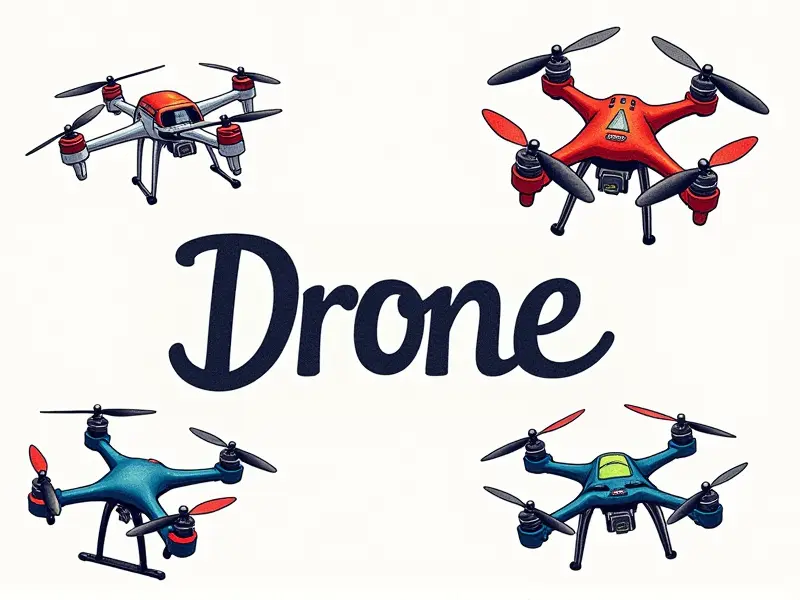Why do drones need GPS?

Why GPS is Essential for Drones
Drones have revolutionized various industries, from agriculture to filmmaking. However, their full potential can only be realized when equipped with GPS technology. This article delves into why drones need GPS and how it enhances their capabilities.
Maximizing Drone Capabilities with GPS
The integration of GPS in drone systems is crucial for several reasons:
- Precision Flight: GPS enables drones to fly accurately, maintaining a steady course regardless of wind or other environmental factors.
- Autonomous Operations: Drones can perform tasks like mapping and surveillance autonomously when equipped with GPS.
- Safety Enhancements: GPS helps in monitoring the drone's position, ensuring it stays within legal flight boundaries and avoids collisions.
The Role of GPS in Drone Navigation
GPS plays a pivotal role in navigation by providing real-time location data. This information is critical for drones to navigate complex environments:
- Waypoint Navigation: Drones can be programmed to fly from one point to another with pinpoint accuracy.
- Rapid Response: In emergency situations, such as search and rescue missions, GPS ensures that drones reach their targets quickly and safely.
Understanding the GPS Needs of Drones
Different drone applications have varying requirements for GPS functionality. For instance:
- Agricultural Drones: Need accurate positioning to map fields and monitor crop health.
- Photography Drones: Require stable flight paths to capture high-quality aerial footage.
Boost Your Drone's Capabilities with GPS
Enhancing your drone’s capabilities through GPS involves several steps:
- Upgrade Hardware: Ensure your drone is equipped with a reliable GPS module.
- Software Integration: Use advanced software that leverages GPS data for improved performance.
Navigating with Precision: Drones and GPS
The precision offered by GPS navigation systems allows drones to operate in diverse environments:
- Urban Areas: Navigating through buildings and streets requires accurate positioning.
- Rural Settings: Covering large expanses of land for agricultural surveys demands reliable GPS signals.
The Impact of GPS on Drone Operations
The impact of GPS on drone operations is profound, influencing everything from flight planning to data collection:
- Data Collection: Drones can gather precise geospatial data for analysis and decision-making.
- Fleet Management: GPS enables centralized control over multiple drones in a fleet.
Why Every Drone Should Have Built-in GPS
The benefits of having built-in GPS are numerous, making it an essential feature for all drones:
- Enhanced Autonomy: Drones can perform tasks without constant human intervention.
- Improved Safety: Real-time location tracking minimizes the risk of losing control over the drone.
Maximizing Flight Control with Drone GPS
To maximize flight control, drones must utilize GPS effectively:
- Fly-by-Wire Systems: Use GPS data to automate flight controls and ensure smooth operation.
- Dynamic Path Planning: Adjust flight paths in real-time based on environmental conditions.
GPS: The Backbone of Drone Technology
The role of GPS as the backbone of drone technology cannot be overstated. It underpins many advanced features, such as:
- Return-to-Home (RTH): Ensures drones return to their starting point automatically if needed.
- Geofencing: Prevents unauthorized entry into restricted airspace or areas.
Enhancing Drone Performance with GPS
To enhance drone performance, consider the following strategies:
- Regular Maintenance: Keep GPS modules in optimal condition for reliable operation.
- Ongoing Software Updates: Ensure your drone’s software is up-to-date to leverage new GPS features.
Conclusion
The integration of GPS technology into drones significantly enhances their capabilities, enabling them to perform a wide range of tasks with precision and reliability. Whether for commercial or recreational use, equipping your drone with GPS ensures it can navigate complex environments, collect accurate data, and operate safely and efficiently.

